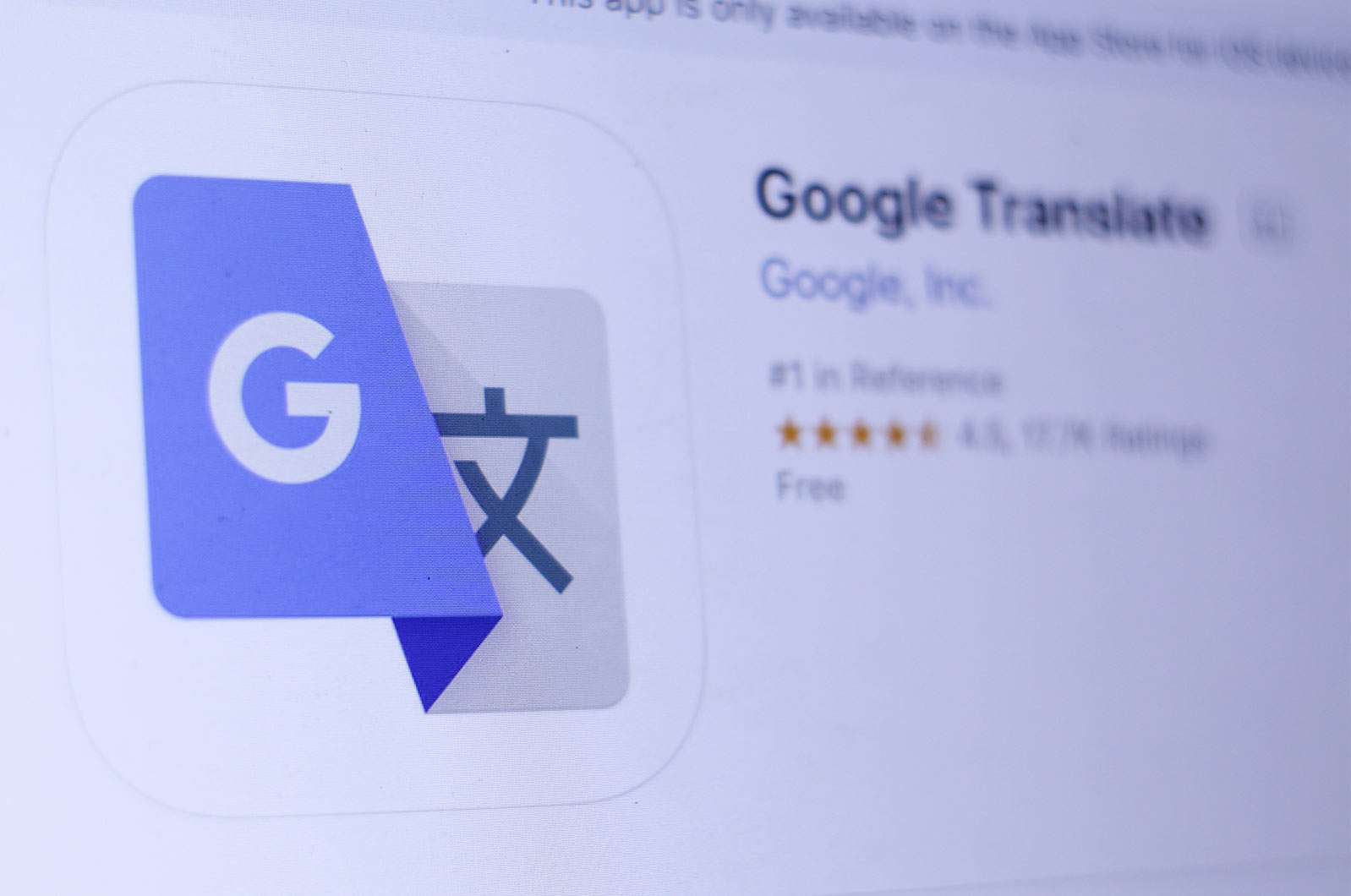
Read More
Advancements in technology, including artificial intelligence and machine learning, have led to the development of many apps to provide translations online or via an app. In fact, using a translation tool is more popular today than ever before, and one can be installed on your phone in just a few seconds. However, there are some unfortunate issues associated with using translation tools. These limitations can have a negative impact upon the quality of the translated text, which can then have negative repercussions for your business. One question we often hear is, “Can I just use Google Translate for emails or short documents?” Below, we discuss why you should avoid using translation tools, especially when translating professional communications, official documentation and marketing content.
Online Translation Tools: Not Worth the Risk
Tourists all over the world use some sort of online translation tools or apps to communicate informally when on holiday. However, these apps translate word for word, which can change the meaning of the translation. Languages are complex and culturally driven, and so machine translation is often inadequate and inferior to hiring accurate translators. Using online translation apps and sending out poorly translated communications could harm your business’s credibility or deter new customers.
Examples of Failure
Consider the following examples when looking for accurate translations online. They illustrate why using an online translation tool is not the best option.
- Grammatical Issues
Online translation tools can help with basic translation needs, such as translating simple sentences or words. However, they aren’t effective when it comes to translating technical content or professional materials. For example, legal documents should be translated by a specialist translator with in-depth knowledge of legal terminology.
Also, an online translation tool cannot detect all grammatical and structural issues, such as those involving active and passive voice sentences. For instance, one long sentence in Arabic may need to be broken into several smaller sentences when translated into English. Skilled and accurate translators would account for this, but a tool may deliver a final product that is difficult to understand.
Moreover, translation tools often incorrectly translate homonyms, especially if searching for machine translations online. For example, a mistranslation between right (the opposite of left) and right (correct) could change the meaning of a sentence significantly. Grammatical and spelling mistakes can cost companies millions, so it is best to not risk it with your professional content.
- Cultural and Regional Factors
An online translation tool will not account for differences in dialects. Additionally, it is unable to consider the impact of cultural differences on the document. Overlooking these key factors can significantly affect the accuracy of translations. Using machine translations online can even alter the entire meaning of the translated text. On the other hand, professional translation agencies work with accurate translators who are skilled at taking these factors into consideration. Hiring a professional is a more reliable option than taking a risk with machine translation. Your company’s reputation is worth investing in professional translation services.
Renaissance Translations’ Professional Translation Services
Using translation tools can lower the quality of the final product. Therefore, it is important you always work with a professional translation services provider like Renaissance Translations. Your partnership with us comes with professional memberships such as ATC and SDL LSP Partner Programme.
Our professional and accurate translators are specialists in a range of industries such as medical, financial, scientific, marketing, and more. They also have the right skills to precisely translate your content, whilst retaining its effectiveness for your intended audience. Get in touch today to discuss your individual translation needs!



